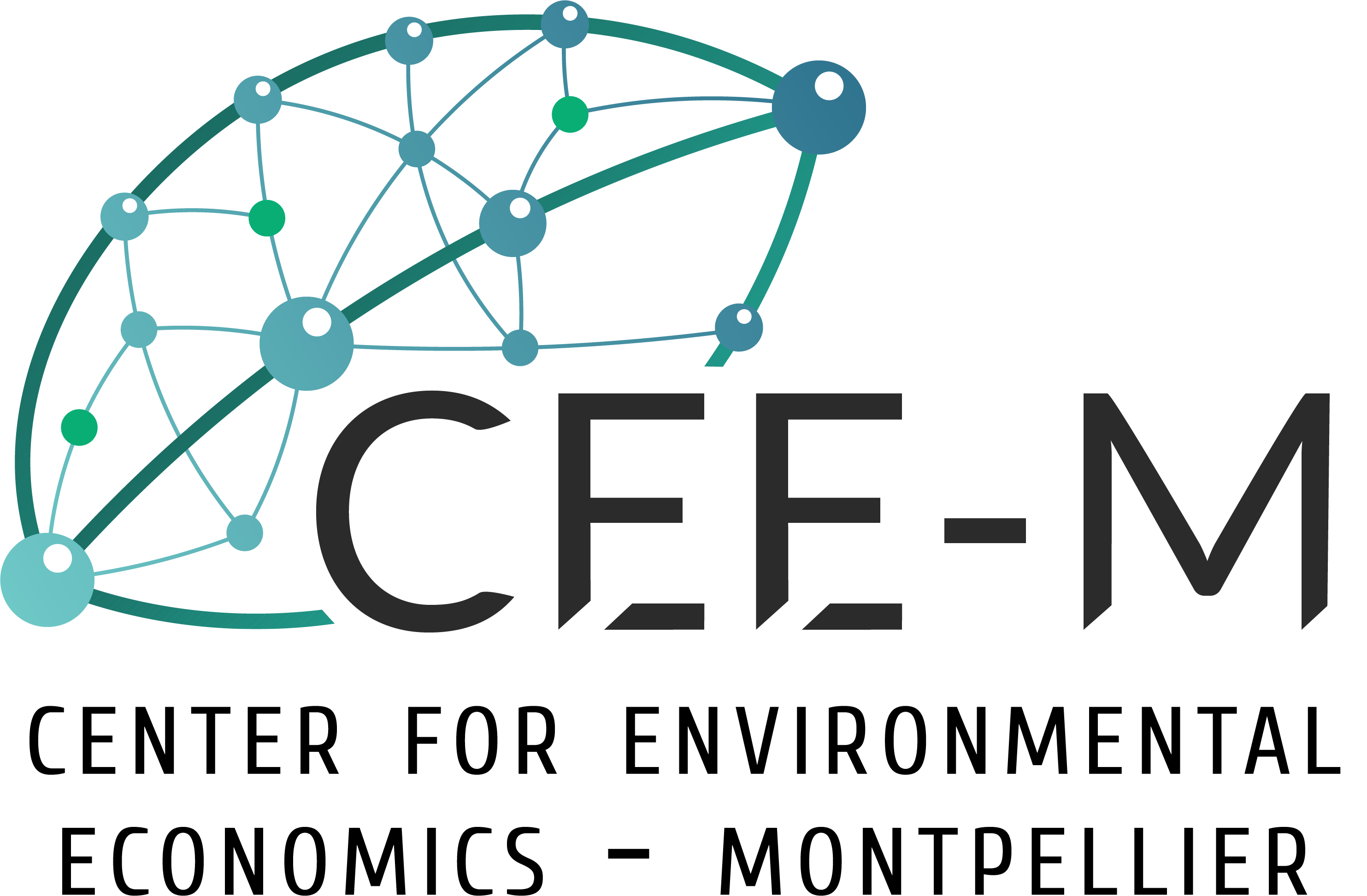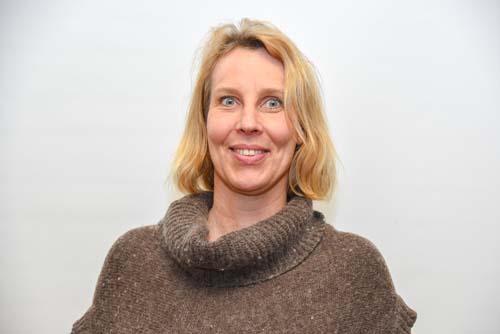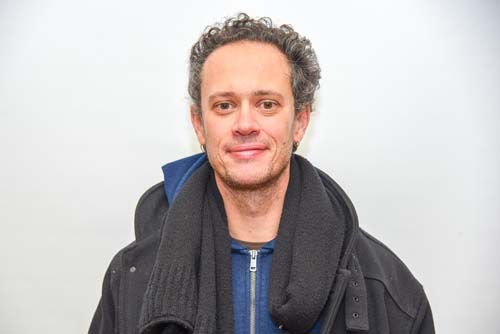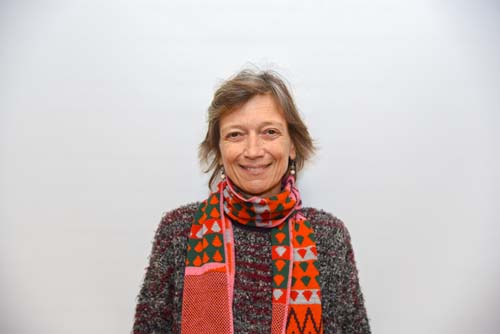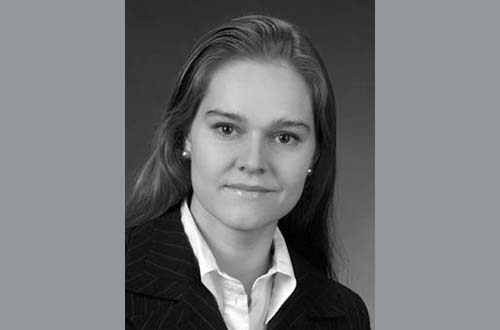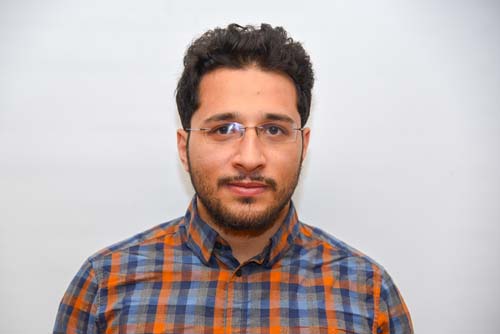
The impact of human activities on the environment results in increasing competition for access to natural resources, and in major environmental and social changes. Addressing the consequences of such effects require changes in the way societies interact. How can we deal with such impacts without supranational institutions, or when the power of such institutions is limited? Is it then possible to promote appropriate coordination between agents in order to manage environmental issues? How do individual preferences induce pro-environmental behaviors? Is the effect of inequalities on cooperation positive or negative? What is the role of equity in the way environmental policies are designed?
This research group tackles these challenges by relying on political economics, social choice theory and environmental economics. More specifically, we rely mainly on game theory, contract theory, axiomatic approaches and applied econometrics.
Research works are focused on two main priorities. The first one is related to the specifics of governance systems: we analyze the interplay between interacting agents’ behaviors and governance systems, accounting for different scales (local, national, international). The second priority focuses on individuals’ preferences and the effect of inequalities, in particular inequalities in the access to natural resources and in the vulnerability to climate changes.
Faculty members
Ph.D Students & Post-docs
Moral self-licencing and social dilemmas: an experimental analysis from a taking game in Madagascar
Impact of justice and solidarity variables on the acceptability of managed realignment
Does legal system matter for directed technical change? Evidence from the auto industry
The MBR intertemporal choice criterion and Rawls' just savings principle
Existence and computation of Berge equilibrium and of two refinements
Do you prefer having more or more than others in the workplace? A quasi-experimental survey in Algeria
- Funding : ANR (Agence National de la Recherche) ANR-15-CE05-0008
- Duration : 2015 – 2019
- Contact : MAHENC Philippe
Non-governmental organizations (NGOs) are now central actors of policy-making processes as well as initiators of public debates about the needs of environmental policies.
They play a critical role in public politics by providing people with information about the environmental state of the world, bringing social and environmental issues to public awareness, and mobilizing support for political action on these issues.
The aim of the project is to provide analysis and new insight into the economic behavior and strategies of NGOs with respect to the environment.
- Funding : ANR (Agence National de la Recherche) ANR-16-CE41-0005
- Duration : 2016 – 2020
- Contact : MAGDALOU Brice
Building on the fiction of the paternalistic ethical observer, we propose to construct measures of socio-economic performance and well-being that (i) acknowledge the multidimensional nature of well-being, (ii) pay due attention to the distribution and interaction between the attributes, and (iii) take full account of the measurability nature of the attributes.
These measures will make one able to provide answers to questions of interest for the policy-maker and the general public like the following:
- Q1. Can we correctly claim that our health system guarantees equal access to medical care whatever the circumstances of the individuals? Is a move in direction to the British health care system likely to reduce the inequalities of health statuses among the population?
- Q2. Does the poor performance on average of French students at the PISA tests go along with high inequalities in the distributions of the scores suggesting that the French educational system might be doubly inefficient?
To which extent inequalities – provided that there is evidence of such inequalities – in reading, mathematics and problem solving are related to the socio-economic characteristics of the parents and more generally to their origins? - Q3. Is ex-post redistribution by means of progressive tax-benefit systems more effective in reducing the long run income inequalities than an ex-ante redistributive policy that would tax more heavily the intergenerational transmission of wealth?
- Funding : ANR (Agence Nationale de la Recherche) ANR-15-CE26-0004
- Duration : 2015 – 2019
- Contact : MAGDALOU Brice
How do individuals perceive inequalities? Do we have to consider all inequalities as unfair?
In parallel to the worsening of the income and wealth inequalities, the last decades have also been characterised by increased social risks. These essentially originate in the profound changes in the labour market structure that go along with a deterioration of the unemployment rates. Hence, even if individuals are concerned with fairness considerations, it is not clear to what extent preferences for redistribution can be associated with such motives. Redistribution can be perceived as social insurance, and thus risk aversion of the individuals may came into play.
The project aims at shedding new light on the preferences for redistribution, by providing a better description of people’s perceptions of inequality and social risks.
The benefits for society of the project would be to provide the social planner with implementable social decision rules which reflect the individual preferences for redistribution, that can be used in public policy making.
